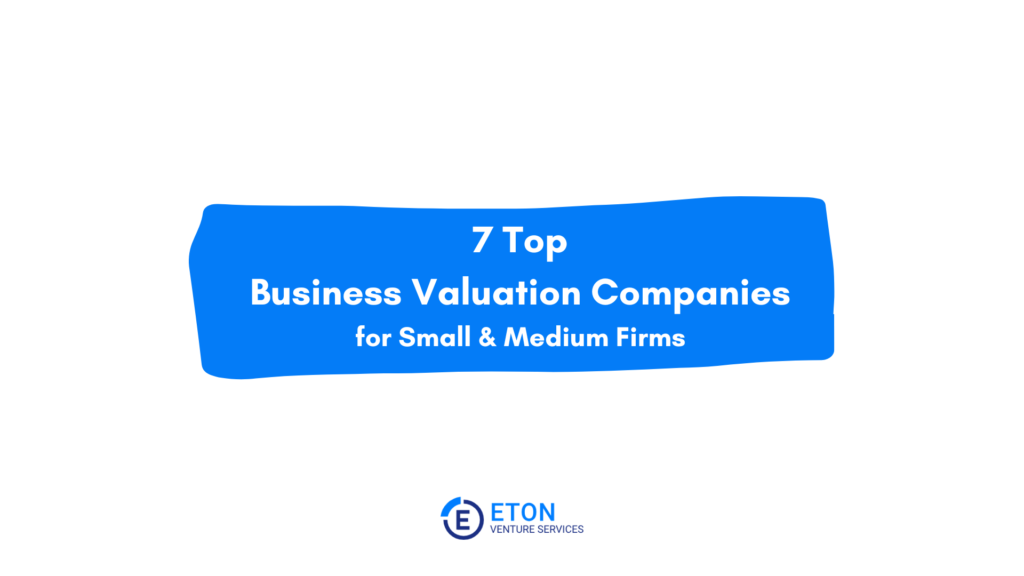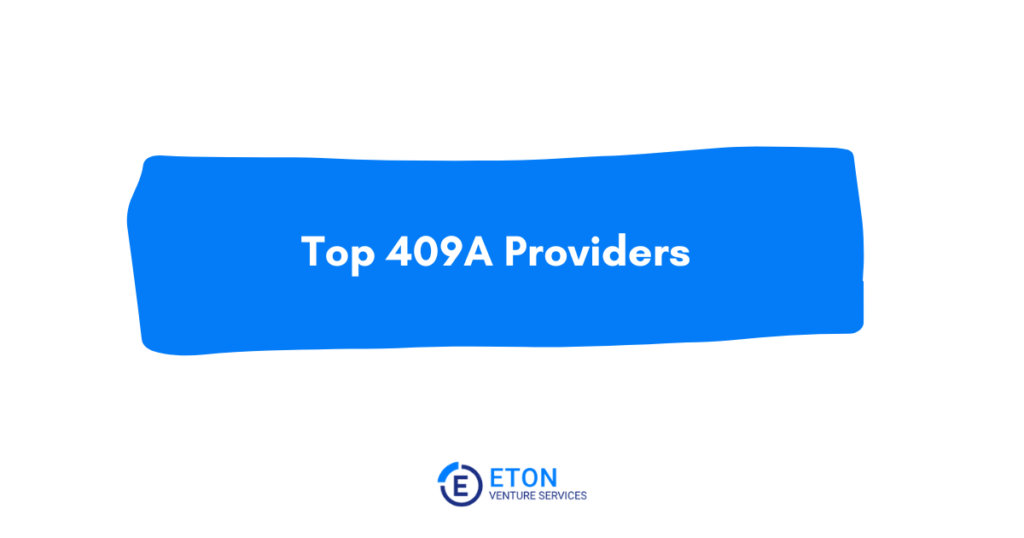Kress v. United States: A Turning Point in Business Valuation for Pass-Through Entities
The landmark case of Kress v. United States, decided on March 26, 2019, has significantly impacted the field of business valuation, particularly in regard to valuing pass-through entities like S corporations. The U.S. District Court’s ruling in this case has strengthened the case for tax affecting when valuing pass-through entities, a practice that has long been debated among valuation professionals.
Background of the Kress Case: Tax Implications for S Corporations
The Core Issue: Transferring Minority Shares and Valuation Challenges
Kress centered around the gift tax implications of transferring minority shares in an S corporation, a type of pass-through entity that avoids double taxation by passing its income, deductions, and credits through to shareholders. The case examined the appropriate valuation methodologies for determining the value of these minority shares.
Both the taxpayers’ and the government’s experts applied a C corporation tax rate to the company’s earnings. While the court accepted this practice, it rejected the government expert’s S corp. adjustment. Ultimately, the court’s decision sided with the taxpayers and signaled a shift toward accepting tax affecting as a valid method for valuing pass-through entities.
The Ongoing Debate Over Tax Affecting in Business Valuation
Traditionally, there has been substantial debate among valuation professionals over the appropriate method for valuing pass-through entities like S corporations. One key issue is whether to tax affect earnings, a practice that involves applying a hypothetical corporate tax rate to the entity’s earnings to account for potential taxes that would be paid if the entity were a C corporation.
Opponents of tax affecting argue that it is inappropriate to apply a hypothetical tax rate to a pass-through entity’s earnings because such entities are not subject to corporate-level taxes. On the other hand, proponents of tax affecting assert that the practice leads to more accurate and consistent valuations, as it accounts for the economic reality that shareholders will eventually pay taxes on their income.
The Controversy: To Tax Affect or Not?
The ruling in Kress has significant implications for valuation professionals, particularly those who specialize in valuing pass-through entities. By accepting the tax-affecting method used by the taxpayers’ expert, the court has lent credibility to this approach and provided a solid foundation for its continued use in future valuations.
Moreover, the Kress decision has highlighted the importance of employing well-supported valuation methodologies when valuing pass-through entities. The court’s acceptance of the taxpayers’ tax-affecting method suggests that clear explanations and strong justifications for the chosen approach are crucial in ensuring that valuations are accurate, reliable, and defensible in court.








